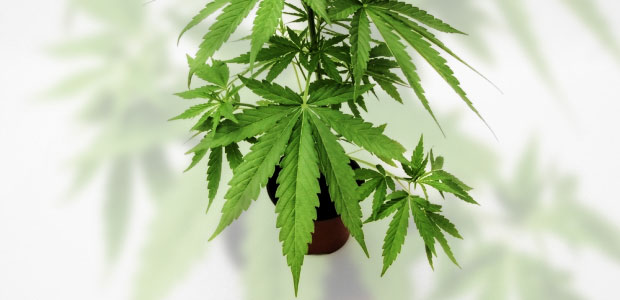
Recreational Marijuana Now Legal in Canada
In its Fall Economic Statement 2017, the government announced $546 million over five years to ensure appropriate capacity to license, inspect, and enforce all aspects of the Cannabis Act and to undertake public education and awareness activities.
Canada's Cannabis Act takes effect on Oct. 17, 2018, making recreational marijuana legal in America's northern neighbor. The act aims to keep cannabis out of the hands of Canadian youths and the profits away from criminals and organized crime, according to the Canadian federal government, which is committed to fully recovering the costs of regulating the cannabis industry by making those who benefit from the new legal market pay the costs.
The Ministerial Order authorizing cost recovery for the regulation of cannabis and the new fees also will come into force on Oct. 17, 2018, in conjunction with the act. During the summer, Health Canada held a 30-day public consultation to solicit public input and views on the proposed approach to cost recovery for the regulation of cannabis. The department received 108 online submissions, 18 written submissions, and 755 form letters. Health Canada also hosted four online information sessions with industry, including those who are or who have applied to be licensed producers, to explain the proposal and to answer questions. The feedback Health Canada received focused primarily on the timing of implementing proposed fees, the design of the annual regulatory fee, and the desire for additional service standards.
In response, Health Canada modified the design of the annual regulatory fee to use the previous year's revenue to calculate the fee, rather than forecasted revenue.; this will help to moderate the financial impact on the emerging industry in the early years, according to the agency. To promote a diverse market with both small and large players, Health Canada will scale the fees according to the size of the business and apply lower fees for micro-scale license holders. Some classes of licenses—those for research, analytical testing, and hemp production—will be exempt from fees. To support access to cannabis for medical purposes, those who produce, cultivate, and sell cannabis exclusively for medical purposes will be exempt from the annual regulatory fee.
Cost recovery for the regulation of cannabis includes four fees:
- an application screening fee to recover costs associated with screening new license applications ($3,277 for standard licence applicants and $1,638 for micro and nursery licence applicants)
- a security clearance fee to recover costs associated with screening, processing, and issuing or refusing security clearances
- an import/export permit fee to recover costs associated with screening, processing, and issuing or refusing to issue an import or export permit for medical or scientific purposes
- an annual regulatory fee to recover the aggregate costs of administering the cannabis regulatory program that are not covered under any of the other fees (2.3 percent of cannabis revenue for standard license holders or $23,000 if cannabis revenue is less than $1 million, and 1 percent on the first $1 million of cannabis revenue for micro and nursery license holders or $2,500 in cases where cannabis revenue is less than $250,000)
"Cost recovery is a standard practice across the government of Canada to support program delivery. It ensures that those who benefit from the new legal market will pay the costs of regulating cannabis, which will reduce the cost to Canadians. We believe that this approach addresses the concerns raised by the cannabis industry while ensuring that Canadians will not shoulder the costs of cannabis regulation," said Minister of Health Ginette Petitpas Taylor.
In its Fall Economic Statement 2017, the government announced $546 million over five years to ensure appropriate capacity to license, inspect, and enforce all aspects of the Cannabis Act and to undertake public education and awareness activities.